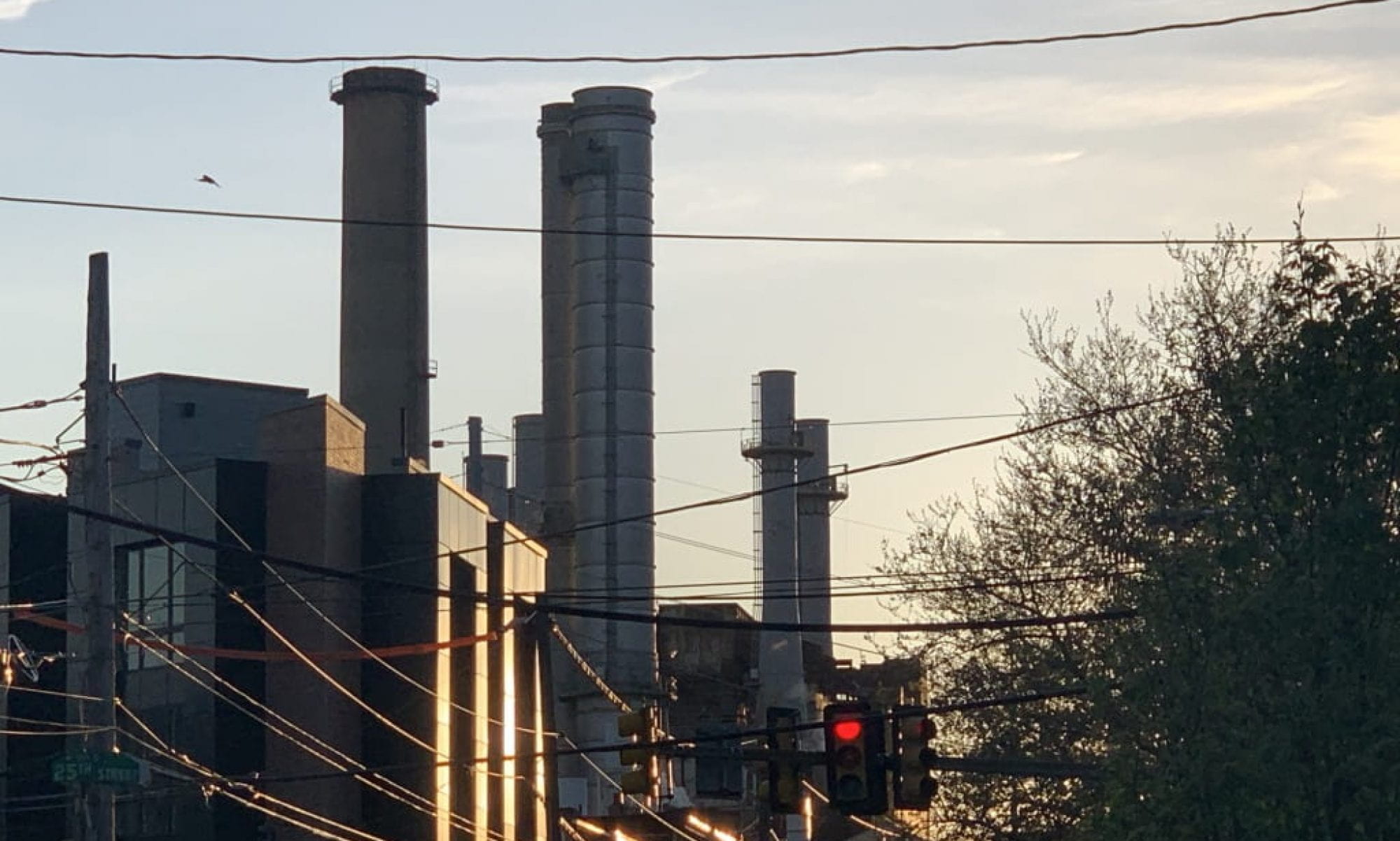But wait, its not over!
The Environmental Law Group was founded in the fall of 1970 at the University of Pennsylvania Law School. Three law students set out to enact fundamental change around the Philadelphia area. The group’s founders, Ken Kamlet, Jim Rochow, and Kathy Montague, worked tirelessly to enforce Pennsylvania’s pollution laws through prosecution in district courts.
Some Context
How could the law students, who had yet to take the bar, practice law? In Pennsylvania, you can only practice law if you are defending yourself, but “third year law students were allowed to act on behalf of the state and indignant clients,” as Ken Kamlet (founder of the EGL) explained. First and second year students could also bring criminal suits before the state.

Lawsuits
By January of 1971, the group was responsible for handling a dozen cases. Their initial focus rested in water pollution, an area that was rarely prosecuted by lawyers. In fact, only 60 cases had been prosecuted since the enactment of the Clean Streams Law of the 1930s, 12 of which were handled by Penn students
.
The first case pursued by the group involved an oil spill into the Pennsylvania, Pennypack Creek. The spill was responsible for the death of many wild ducks and interfered with the general health of the creek. The case was successful, and the group went on to argue many more cases before district courts.

The University’s involvement
Penn professors supported the students as they navigated those complicated legal battles. In fact, the law school was a pioneer in the pursuit of legal environmental studies. They offered interdisciplinary courses that wove together law, engineering and economics. Ultimately, these students sought to gain recognition on their own merit and ability – separate of the institution.
Beyond the Law

One of Ken Kamlet’s proudest achievements at the Law school had nothing to do with the law. On a fall day, the EGL organized a peaceful antipollution protest–in the Schuykill River. Dozens of students and activists piled into canoes and set adrift in protest against the heavy pollution that the river had endured. Over the course of three days, the group canoed 50 miles along the river to survey the rivers health. At one point, Edward Furia (organizer of Philadelphia’s Earth Day the previous year) helicoptered in to support the group. The irony was certainly not lost on Ken when he shared this story with us almost 50 years later.
The canoe-in was widely publicized and sought actual change, as seen in the article published by the Philadelphia Inquirer below:

Student Activism continues Today
Today, students at Penn are at the forefront of climate activism. Jacob Hershman explains:
But this time, students are aware of the complicated interconnections between climate activism and local issues of environmental justice. As Lucy Corlett demonstrates, the brutal reality of racial inequality remains and it starts at the trash bin.
